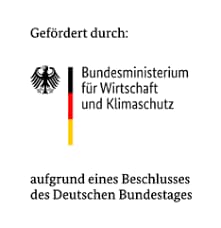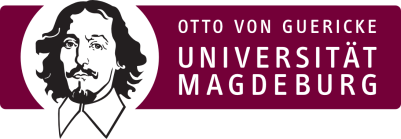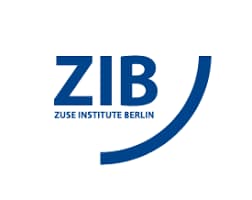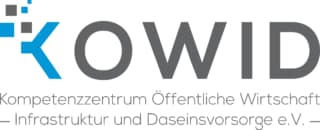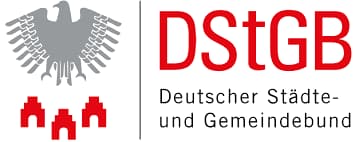Urban-rural energy: robustness and transferability of inter-municipal energy transition scenarios in the urban-rural nexus
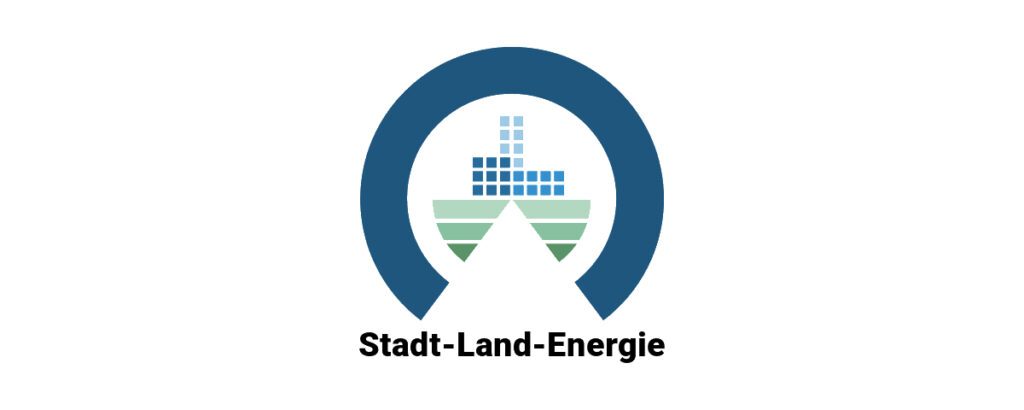
Project description
In the project “Urban-Rural Energy”, the RLI develops methods and tools that make it possible to calculate and suitably prepare robust, regionally interlocked and sector-coupled energy transition scenarios for the urban-rural nexus. The goal is to promote inter-communal cooperation and to accelerate the energy transition on site.
Urban-rural nexus
Cities and their regions are intertwined and in many cases interdependent in their relationship. Primarily because they have different and often complementary resources. These include people, goods, services, money, or even environmental services. The urban-rural nexus refers to the reciprocal flows of these resources between cities and their surrounding areas.
Challenges in the urban-rural nexus
The different, sometimes contradictory framework conditions and scopes of action of different regions pose challenges to cities and municipalities in the climate protection issue. Especially in the urban-rural relationship, there is an inter-communal tension. This concerns socio-demographic, economic as well as spatial and settlement structure conditions and thus also framework conditions that are decisive for the energy transition. An often used term for these different framework conditions is the “urban-rural divide”.
How can sustainable and regionally integrated climate protection and energy concepts be developed despite all this? What impulses and innovative approaches of their own can drive the stalled energy turnaround forward at a higher level? These are the questions to which answers must now be found.
The role of science
Scientific results from model-based optimization are already providing important insights into what future-proof, increasingly decentralized, regionally integrated and cost-effective energy systems could look like. So-called sensitivity analyses and robustness studies are used to validate the results. Sensitivity is the effect of variations of the input parameters on the result of the optimization. Robustness is the validity of the result of the optimization, even if the input data are uncertain or faulty. Both points are important in scientific discourse in order to classify the results accurately.
The Tools
In the Urban-Rural-Energy project, the team at RLI develops the so-called Scenario Explorer. The explorer visualizes the solution space of scientifically robust energy system optimizations and enables municipalities in urban and rural areas to derive political recommendations for action and implement the energy transition locally. By suitably processing scientific information from regionally interlinked energy system modeling, this also promotes inter-municipal cooperation. The tool is intended to promote eye-to-eye communication between municipal stakeholders as well as to be an instrument for shaping participation processes and citizen involvement.
The project will follow open science principles as far as possible. Reusability and transparency will be the focus. All models and the graphical user interface (GUI) will be published under open source licenses, and the required data will be published under appropriate open data licenses on the Open Energy Platform (OEP). Policy decisions can thus be better secured for the people who have to make them, since their basis can be viewed and reused.
Project duration: August 2022 – July 2025
Tasks
- Lead of the consortium
- Support of stakeholder dialogue to identify uncertainties and targets of the selected regions
- Implementation of robustness methods in the oemof framework
- Creation of energy system models to calculate and analyze the case studies
- Development of a web-based scenario explorer
- Development of a transfer guide for energy system modelers
- Writing of “Lessons-Learned”, i.e. experiences made in the project for the municipal stakeholders
Funding
Funded by the German Federal Ministry for Economic Affairs and Climate Action (BMWK) under the 7th Energy Research Program (funding code: 03EI1051A).
